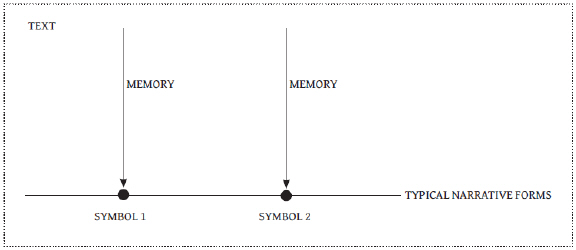Dissertation Summary The Formation Of Israelite Identity In The Book Of Chronicles -- By: Zhang Xinyu
Journal: Tyndale Bulletin
Volume: TYNBUL 75:1 (NA 2024)
Article: Dissertation Summary The Formation Of Israelite Identity In The Book Of Chronicles
Author: Zhang Xinyu
TynBull 75:1 (2024) p. 175
Dissertation Summary
The Formation Of Israelite Identity In The Book Of Chronicles1
Fujian Theological Seminary, China
[email protected]
In recent years, the study of Chronicles has risen in prominence. The book has even become a hot topic in Old Testament studies. Chronicles arose within and reflects its socio-historical context, revealing how Israelites of its time understood their past. As with all peoples in all times, the Israelites’ past shaped their perceived identity.1
As for identity, the question מִי אֲנִי (mi ani – ‘Who am I?’ – 1 Chr 17:16; 29:14; 2 Chr 2:6) asked by David and Solomon is precisely the question that the Israelites asked of themselves in the Persian period. Examining the Hebrew Bible through the lens of identity theory, Old Testament scholars have begun to view Chronicles as a literary space for identity formation. Accordingly, this dissertation explores identity formation in Chronicles, exploring how the book shaped Israelite identity through symbolism, recorded memory, and narrative literary structure.
‘Identity’ is inherently subjective and influenced by recorded historical memory, and, further, identity forms within a prevailing socio-historical context. Therefore, one may decode literary symbolism through a synchronic understanding of social context and a diachronic understanding of historical memory. The received text of Chronicles presents and connects these symbols
TynBull 75:1 (2024) p. 176
within its typical narrative forms and serves as a key for unlocking how ancient Israelites understood their identity (figure 1).

Figure 1: How the meaning of a text is constructed.
Needless to say, the world described in Chronicles differs greatly from that of its modern readers. To shed light upon Chronicles as a document of its times, in Chapter 1 I present a theory of history and identity to explore the limitations that the ancient Israelites’ socio-cultural setting imposed upon them. Naturally, prevailing socio-cultural conditions affected the Chronicler’s literary style.
Chapter 2 presents the analytical method of the dissertation, employing the insights of anthropologist Wang Mingke. He asserts that prevailing social structures impact writing, therefore historical writing takes place with a significant d...
Click here to subscribe
